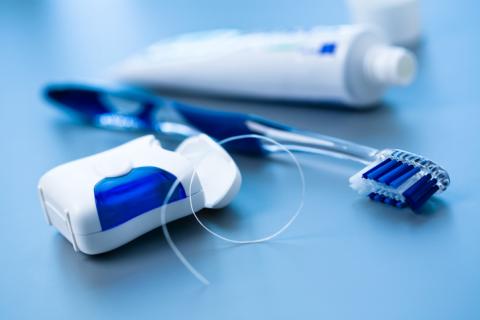Blog
One in 10 Older Adults Have Gotten a “Pandemic Pet,” Poll Finds
Posted on April 19, 2021 - During your Zoom calls with Mom, have you noticed new furry friends? A University of Michigan poll shows that a fair number of older adults have added a “pandemic pet” to their lives.
Your Spring Diet 2021: More Challenging, But More Important, Than Ever
Posted on April 14, 2021 - A year into the pandemic, are you struggling with the notorious “quarantine 15”? A lot of older adults report that they are carrying around some extra pounds these days. It’s not surprising, as many of us are stuck at home, unable to access many of our usual exercise activities, and perhaps turning to food for entertainment and comfort.
Sleep Troubles May Complicate the Grieving Process
Posted on April 12, 2021 - Psychologists have long known that grief can lead to sleep disturbances. A University of Arizona professor says that sleep problems can themselves lead to more prolonged grieving—and that is common among bereaved people who were worried about their loved one for a long time before they passed away.
Protecting Our Brains During the Pandemic
Posted on April 7, 2021 - While most people think of COVID-19 as primarily affecting the lungs, the data on millions of patients shows it can damage other body systems, including the brain. Some patients have experienced serious brain inflammation, delirium, hallucinations, psychotic symptoms, and strokes. Others report a milder, but still troubling, set of symptoms that some experts are referring to as “brain fog” or “COVID brain,” characterized by headache, confusion, and memory problems. In some patients, these effects cleared up quickly, but in others—the so-called “long-haulers”—memory and thinking problems persist.
How oral health may affect your heart, brain and risk of death
Posted on April 5, 2021 - The American Heart Association shares information about the relationship between the bacteria that cause dental cavities and the risk of stroke.




